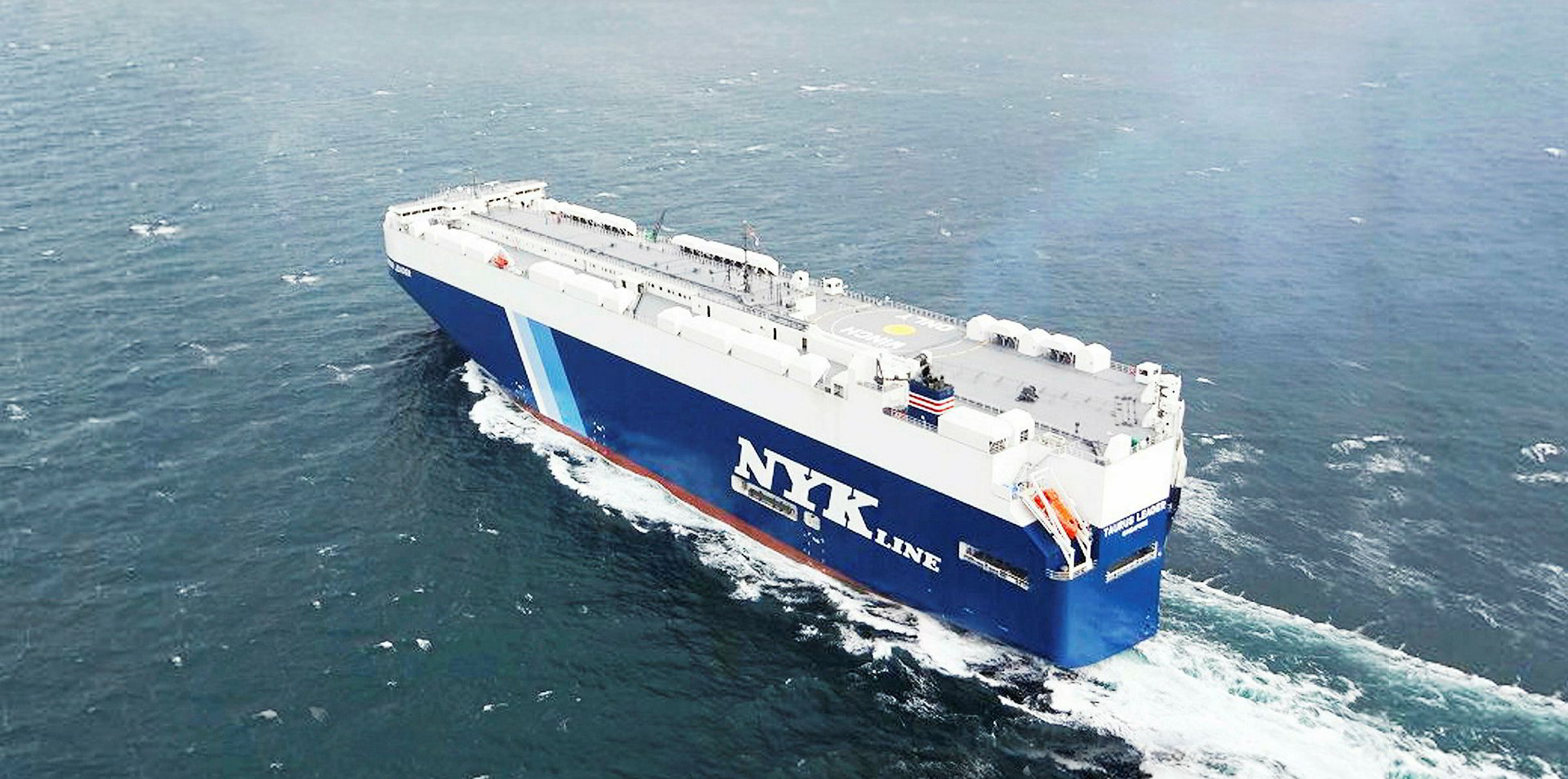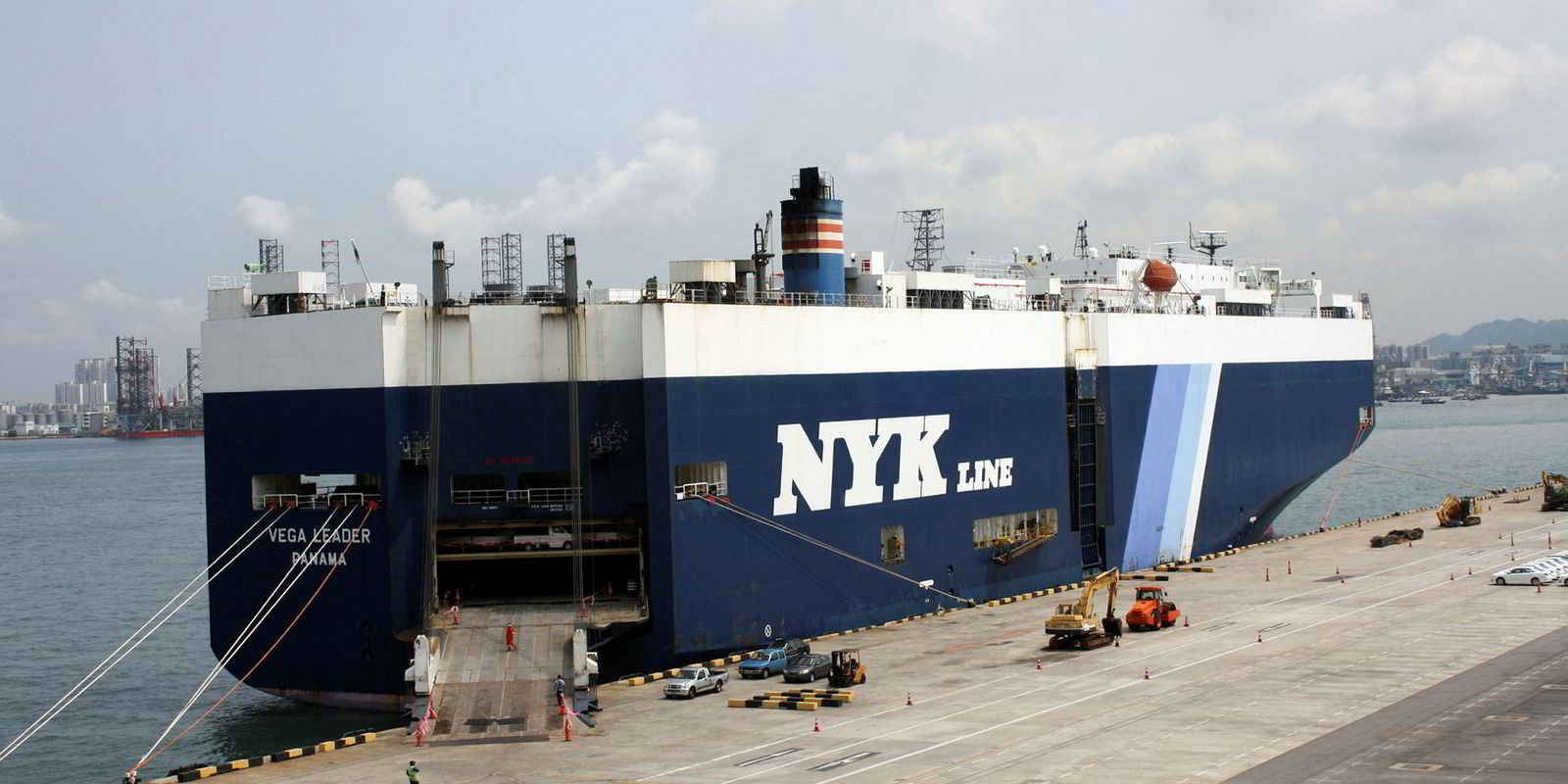Japan’s NYK Line and K Line have each signed up for a dual-fuelled pure car/truck carrier (PCTC) newbuilding.
The exact size of the LNG-fuelled car carriers has not been disclosed, but industry sources said they have a capacity of around 7,000 ceu.
NYK is said to have commissioned Shin Kurushima Dockyard to construct its LNG-powered PCTC newbuilding, while K Line has turned Imabari Shipbuilding to construct a similar size vessel.
Both the PCTC newbuildings will feature type-C cargo tanks and they are slated to be delivered during the third quarter of 2020.
The cost of NYK and K Line’s dual-fuelled PCTC newbuildings was not disclosed. One PCTC expert puts the cost of a 7,000-ceu newbuilding at between $90m and $95m.
“A conventional 7,000-ceu PCTC costs between $70m and $72m,” he said. “With the new technology, the additional price one needs to pay is close to $20m."
Three-year ordering hiatus
Another PCTC market source said it has been three years since a PCTC of this size has been ordered.
Car-carrier players believe NYK and K Line’s dual-fuelled PCTC newbuildings are backed by automobile maker Toyota Motor Corp.
The companies have been eyeing shipyard slots for PCTCs for some time. In 2017, NYK, K Line and Toyota’s Toyofuji Shipping were reported to be ready to invest ¥200bn ($1.86bn) on 20 new LNG-fuelled car carriers. The effort was a response to tighter sulphur emissions rules from 1 January 2020.
At that time in 2017, each company was reported to have contracted three to six vessels each, and Japanese shipbuilders Mitsubishi Heavy Industries, Imabari Shipbuilding, Japan Marine United and Kawasaki Heavy Industries (KHI) were tipped to win the business.
NYK, K Line, utility Chubu Electric Power Co and trading house Toyota Tsusho Corp have jointly set up an LNG-bunkering company called CentralLNG Marine Fuel Japan Corp.
The joint venture has one 3,500-cbm LNG bunker vessel on order at KHI for delivery in 2020. The ship will be deployed in Nagoya and is dedicated for Toyota Motor’s business.






